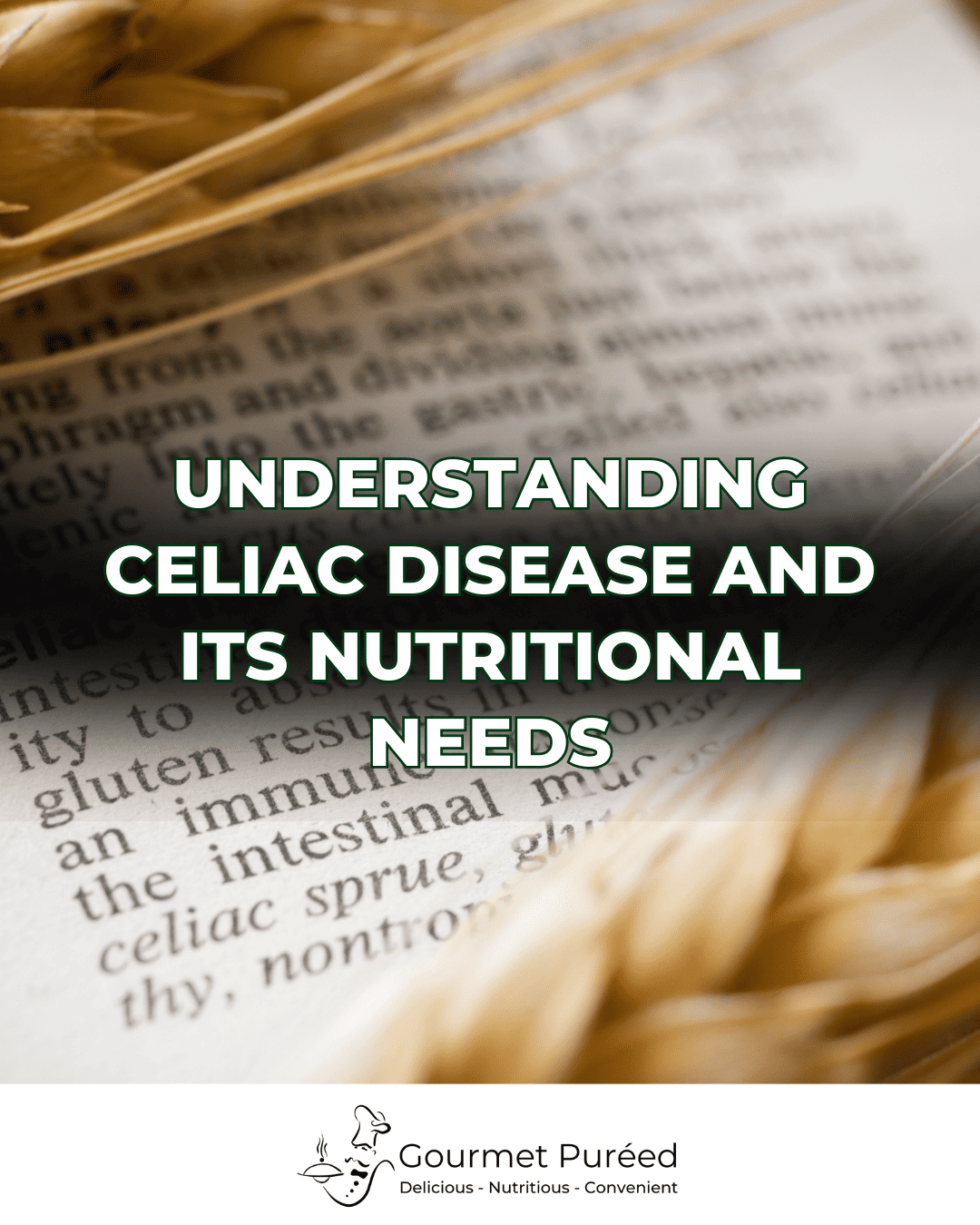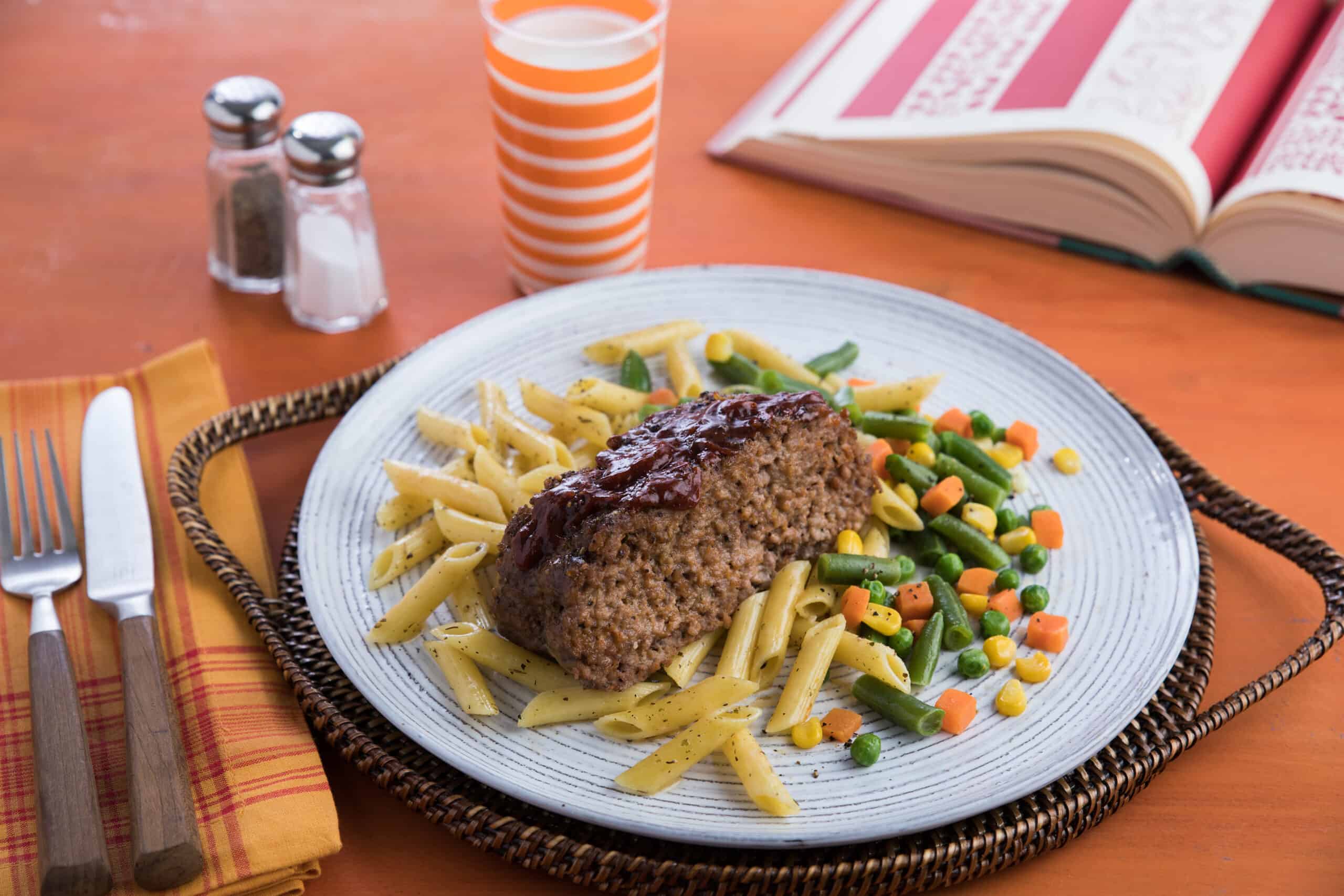Celiac disease is an autoimmune condition where your body reacts to gluten, a protein found in wheat, barley, and rye. This can lead to damage to the small intestine, impairing nutrient absorption. If you have celiac disease, nutrition plays a crucial role in managing this condition. How can you ensure you get the nutrients you need? Let’s discuss in this blog post.
- Gluten-Free Diet: The cornerstone of celiac disease management is to avoid gluten. Gluten is found in many foods, making it challenging to avoid. You need to read food labels carefully and look for gluten-free certified products. Wheat flour, barley malt, and rye flour are common sources of gluten. Some foods like oats and corn are naturally gluten-free, but cross-contamination can occur during processing. Eating out can also be tricky as gluten contamination may occur. You can talk to restaurant staff or email them beforehand to ensure they can provide gluten-free options.
- Nutrient Deficiencies: Celiac disease can lead to several nutrient deficiencies, especially if the disease is not adequately managed. Nutrients like iron, calcium, and vitamin D are commonly low in celiac patients. Iron is needed for energy production, and low levels can cause fatigue and anemia. Calcium and vitamin D are essential for bone health and low levels can lead to osteoporosis. You can get your nutrient levels checked regularly through blood tests and take supplements as necessary. Eating a balanced and diverse diet can also ensure your nutrient needs are met.
- Gluten-Free Grains: Going gluten-free means you need to find alternative grains that you can consume. Fortunately, there are several gluten-free grains you can choose from. Quinoa, buckwheat, rice, and cornmeal are great gluten-free alternatives. These grains can be used in baked goods, porridges, and salads. They are also rich in fiber, vitamins, and minerals, making them nutritious choices.
- Plant-Based Proteins: Protein is essential for growth, repair, and immune function. However, many protein sources like meat, poultry, and fish may contain gluten depending on how they are prepared. As an alternative, plant-based proteins like beans, lentils, nuts, and seeds are all gluten-free and great sources of protein. You can make plant-based patties, tacos, or salads, making them versatile and delicious.
- Celiac Disease and Mental Health: Celiac disease is not just a physical condition but can also affect mental health. It can lead to anxiety, depression, and fatigue, making it crucial to manage this condition holistically. Eating a nutrient-dense diet, exercising regularly, and managing stress can all help manage celiac disease and promote positive mental health.
Celiac disease is a challenging condition to manage, but with proper education, planning, and support, you can lead a healthy and fulfilling life. By avoiding gluten, monitoring your nutrient levels, and incorporating diverse and nutritious foods in your diet, you can meet your nutritional needs while enjoying delicious and flavorful meals. Remember, celiac disease is not just a physical condition, but also affects mental health. Focus on taking care of your overall health, and you’ll thrive with celiac disease.




